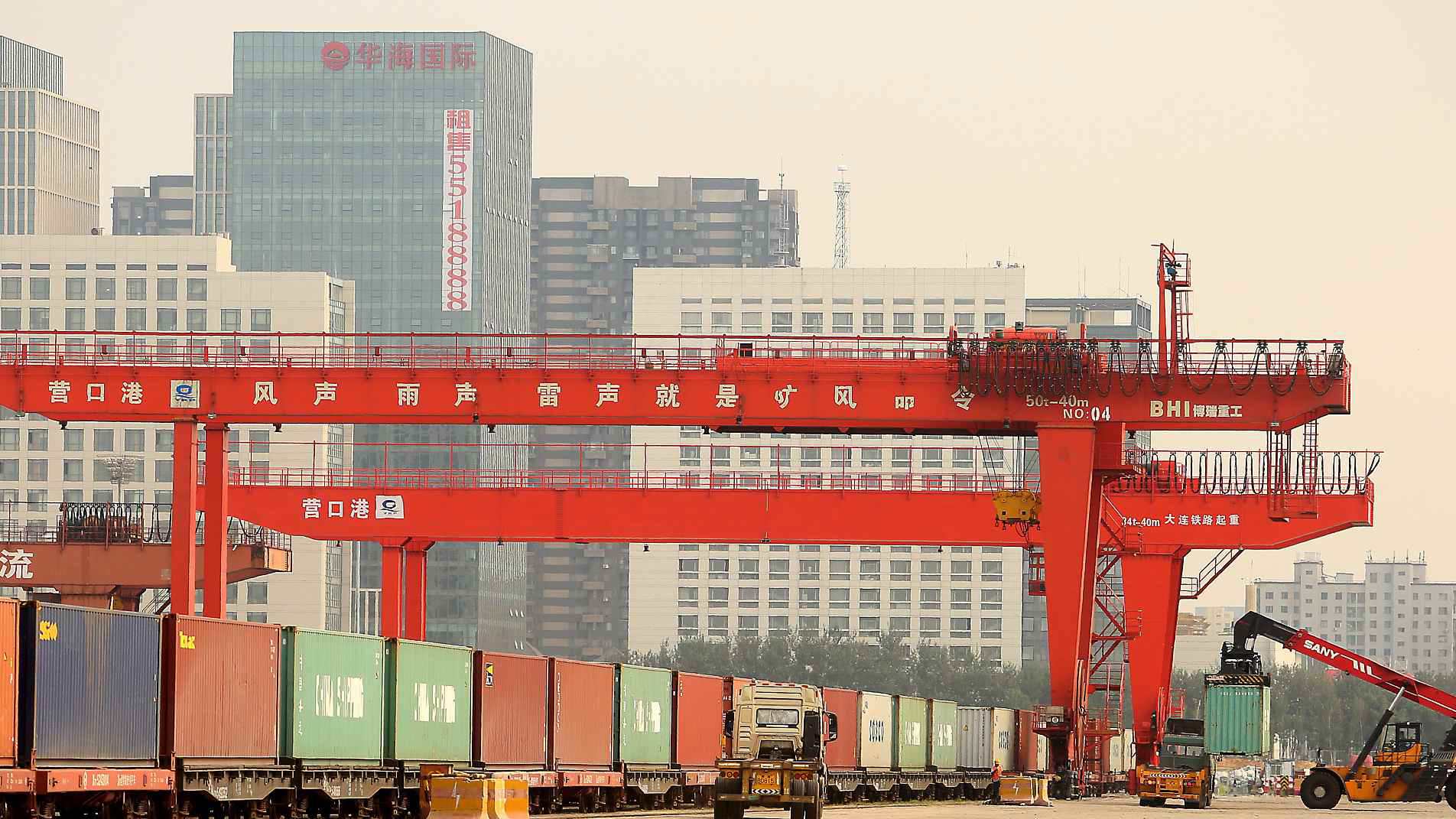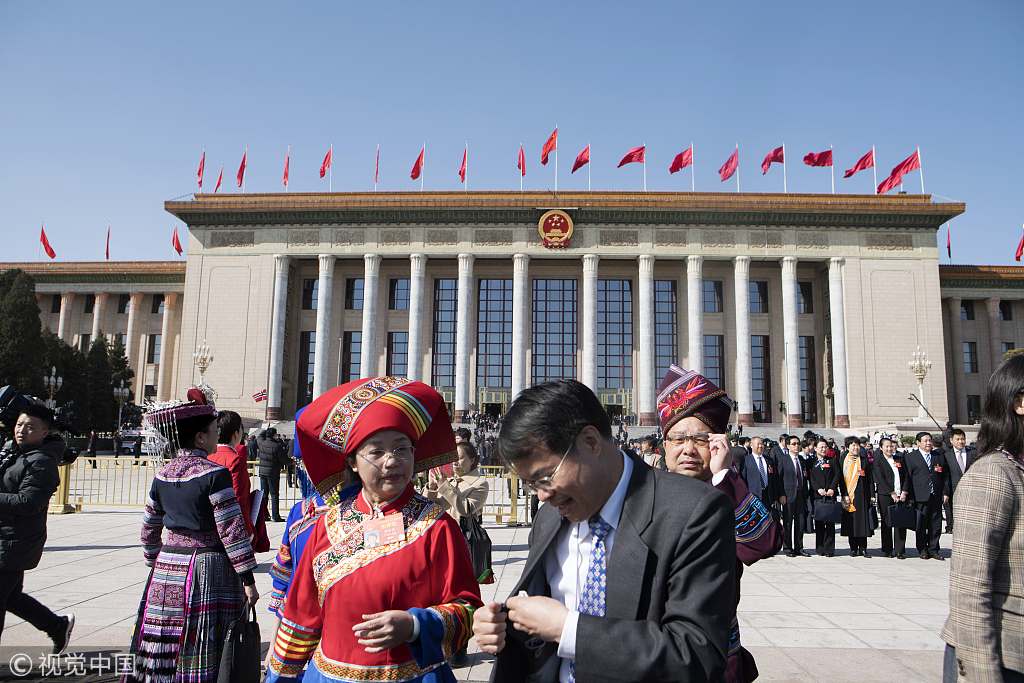
Opinion
21:31, 05-Mar-2019
China's economy moved in right direction in 2018
World Insight with Tian Wei
02:18

The annual session of China’s National People’s Congress (NPC) convened in Beijing on March 5. Chinese lawmakers gathered to listen to Premier Li Keqiang report on how the Chinese economy did last year and what the government's goals are for 2019. Premier Li admitted that the country faces mounting uncertainties in the international economic landscape, and vowed to deepen reform in various sectors.
As the government reports on China's economy, how does the country's advisory body reflect on 2018?
China's economy moved “in the right direction,” according to Bai Chong'en, Dean of Tsinghua University's School of Economics and Management and also a member of China's top political advisory body. Bai told CGTN Senior Correspondent Tian Wei that in 2018 China did a lot of things correctly.
"For example, [China] reduced the growth rate of infrastructure investment. I believe it's necessary because in the past the growth rate was too high. For example, in 2017 it was 19 percent."
Regarding the country's financial sector last year, Bai said China "strengthened financial regulation and controlled the debt ratio to GDP."
For these two areas he stressed the importance of pace so that China can control the rhythm better. "If you do it too fast, it creates another set of risks. For example, private firms will find it more difficult to get access to capital. We need to balance those two things," he said.

Delegates leave the Great Hall of the People after the opening of the Second Session of the 13th National People's Congress in Beijing, China, March 5, 2019. /VCG Photo
Delegates leave the Great Hall of the People after the opening of the Second Session of the 13th National People's Congress in Beijing, China, March 5, 2019. /VCG Photo
"We need to consider whether private firms' access to capital is too much affected. At the same time we need to look into the future and try to control the risk," he added.
Looking into 2019, Bai said China's structural reform is important. "When we reform our economy better, when we grow with higher quality, we can deal with external shocks more easily."
Bai said what's equally important in 2019 is improving China's trade relationship with the rest of the world.
"We need to listen to the concerns of our trading partners. Some of the concerns are real concerns. Some of them are probably not real concerns but we need to explain better to our trading partners. We also need to better convince our trading partners that China's growth not only benefits China, but also benefits the rest of the world."
"Political sentiments fluctuate all the time, so we need to be persistent. Knowing how to better communicate is really important," said Bai.
When asked about how he, as a member of the National Committee of the Chinese People's Political Consultative Conference, would advise China's decision makers in the annual political season, he highlighted being "patient and confident that the measures we have taken are in the right direction."
(If you want to contribute and have specific expertise, please contact us at opinions@cgtn.com.)

SITEMAP
Copyright © 2018 CGTN. Beijing ICP prepared NO.16065310-3
Copyright © 2018 CGTN. Beijing ICP prepared NO.16065310-3